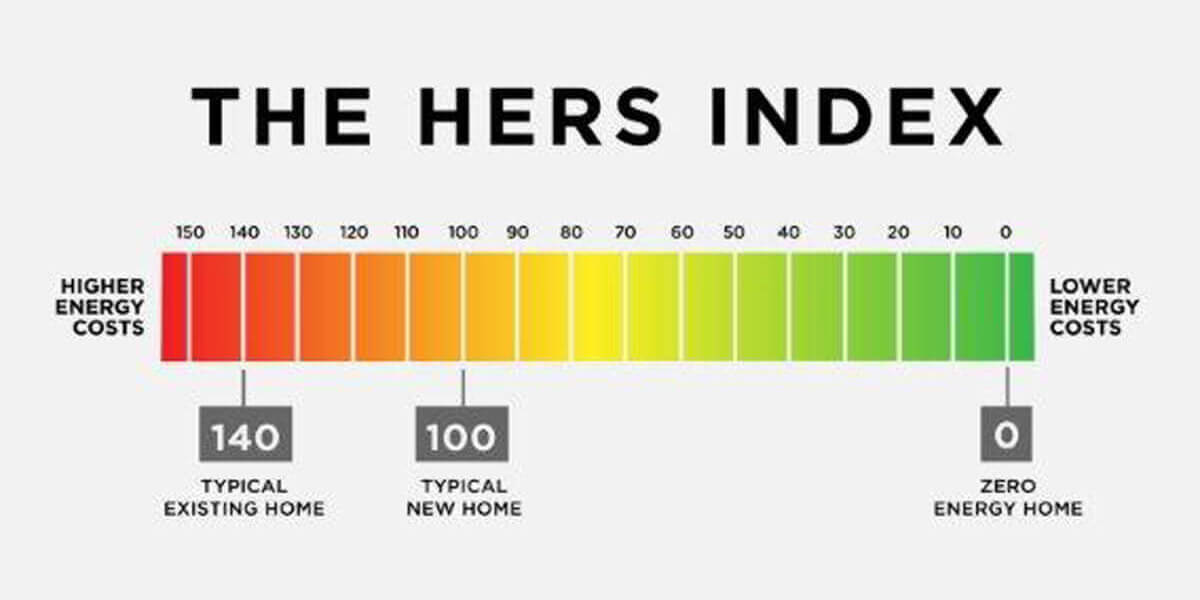The American Council for an Energy-Efficient Economy (ACEEE) is busy studying proposed legislation that could have a major impact on the country. A bill could save the United States over $65 billion and create 174,000 new jobs, all by reducing energy waste. The ACEEE analyzed the economic impacts of the proposed Shaheen-Portman Energy Efficiency Bill.
The Sheheen-Portman Energy Efficiency Bill is bipartisan legislation in which the ACEEE sees many benefits. The bill is known as The Energy Savings and Industrial Competitiveness Act of 2013, introduced by Senators Jeanne Shaheen (D-NH) and Rob Portman (R-OH). It is currently pending floor consideration.
Senator Shaheen believes that “energy efficiency is an excellent, bipartisan, and affordable way to immediately grow our economy and create the kind of jobs [that] the 21st century economy demands.” Not only are energy efficient measures beneficial for our environment, but they also stimulate our economy through creating jobs. Shaheen says that the bipartisan plan will save energy, boost the economy, and reduce taxes.
The ACEEE analysis examined the impact of the bill as well as related amendments. They estimate that the proposed bill will cut both government and industrial energy waste. It will also help homeowners finance energy efficient improvements, such as insulating and air sealing. When homeowners insulate and air seal, they will save money beyond the lowered taxes.
The proposal could have a combined savings of over $65 billion on energy bills by 2030. The savings span both consumers and businesses. Consumers who save money on their energy bills will be able to reinvest this money to stimulate their surrounding economy.
The legislation would create over 152,000 new jobs by 2025, and a total of 174,000 jobs by 2030. The economy will continue to rise with these new job opportunities.
Finally, the bill will prevent unnecessary electric generation and excessive natural gas consumption. Energy savings from this bill will reduce greenhouse gas emissions by 676 million metric tons by 2030. The plan helps us on the individual level, an economic level, and on the greater environmental level.
Businesses consume one-third of our nation’s energy. For this reason, the price of energy directly affects manufacturers. Ross Eisenberg, the vice-president of energy and resources policy at the National Association of Manufacturers believes that “policies should promote research, development, and deployment of energy-efficient technologies.” The Shaheen-Portman bill does just that. Eisenberg supports the bill on behalf of manufacturers and endorses it as “a set of common sense, bipartisan, energy efficient measures that [will] create jobs by saving energy in industrial, commercial, and residential sectors.”
The ACEEE and the bill’s other supporters encourage the Senate to act quickly to pass the legislation. The bill has the power to save money, stimulate the economy, and protect the environment; it is a triple threat of benefits.















